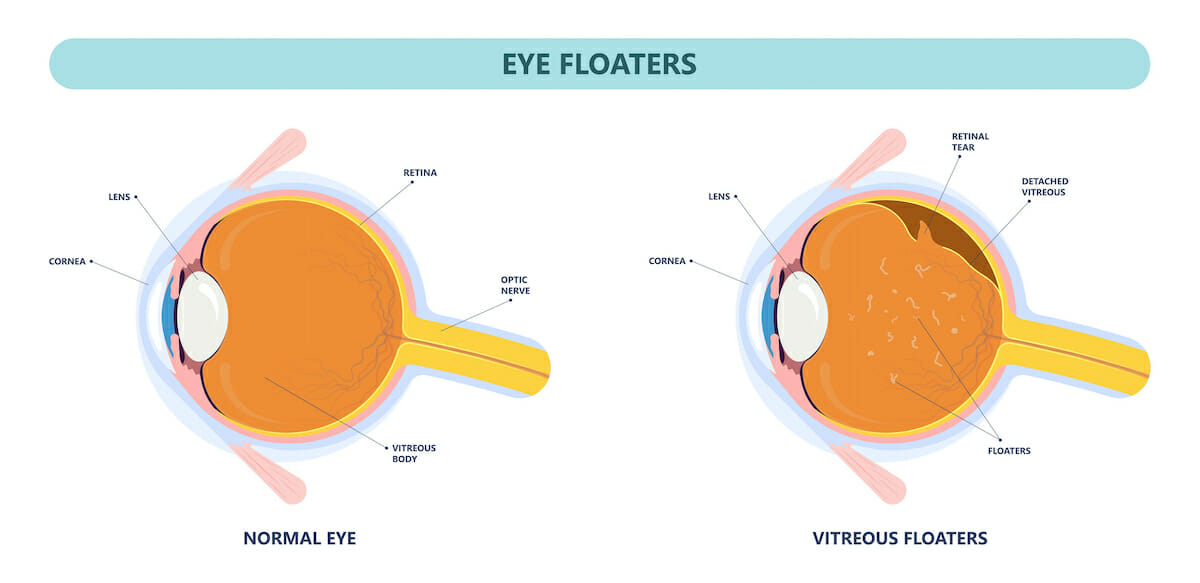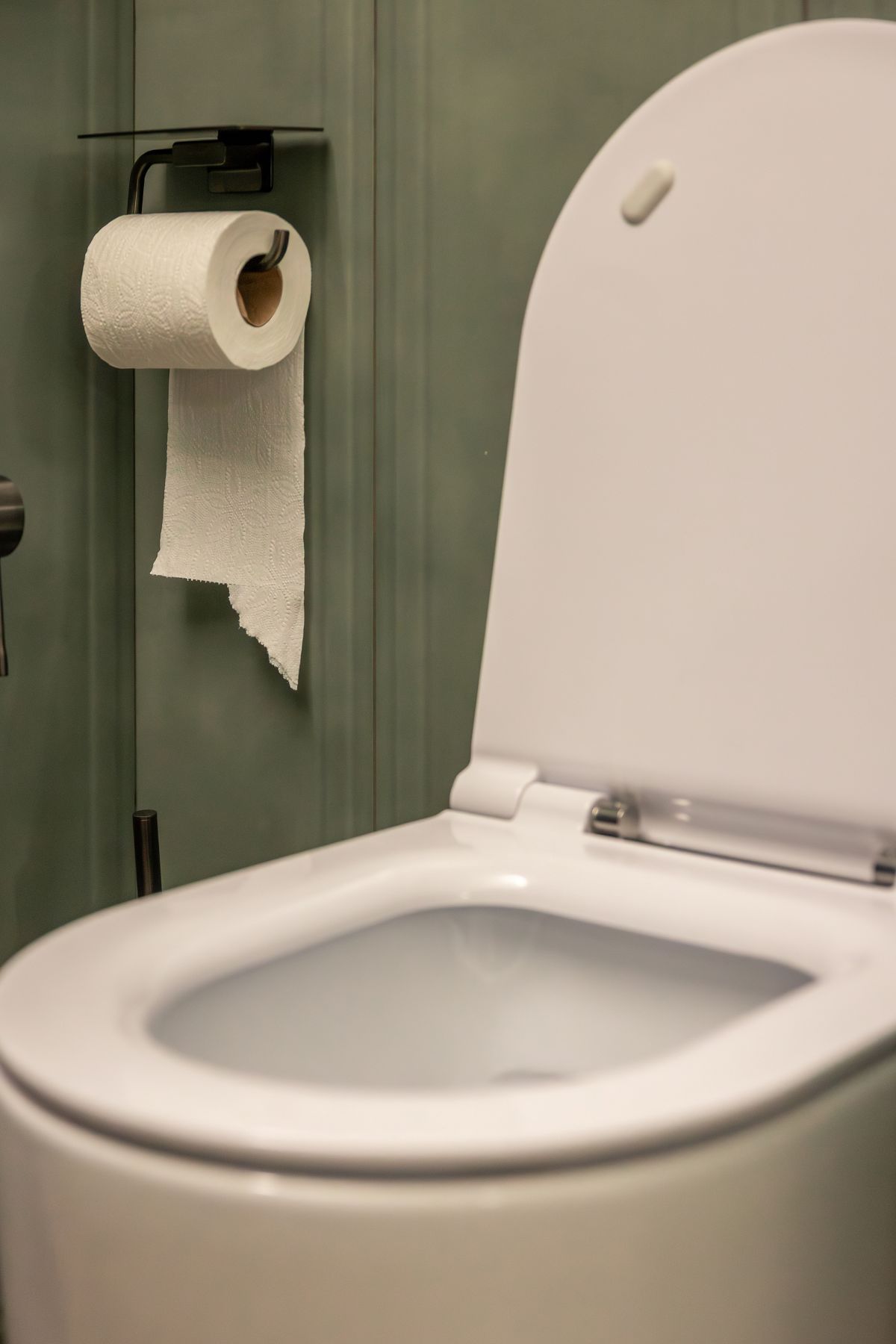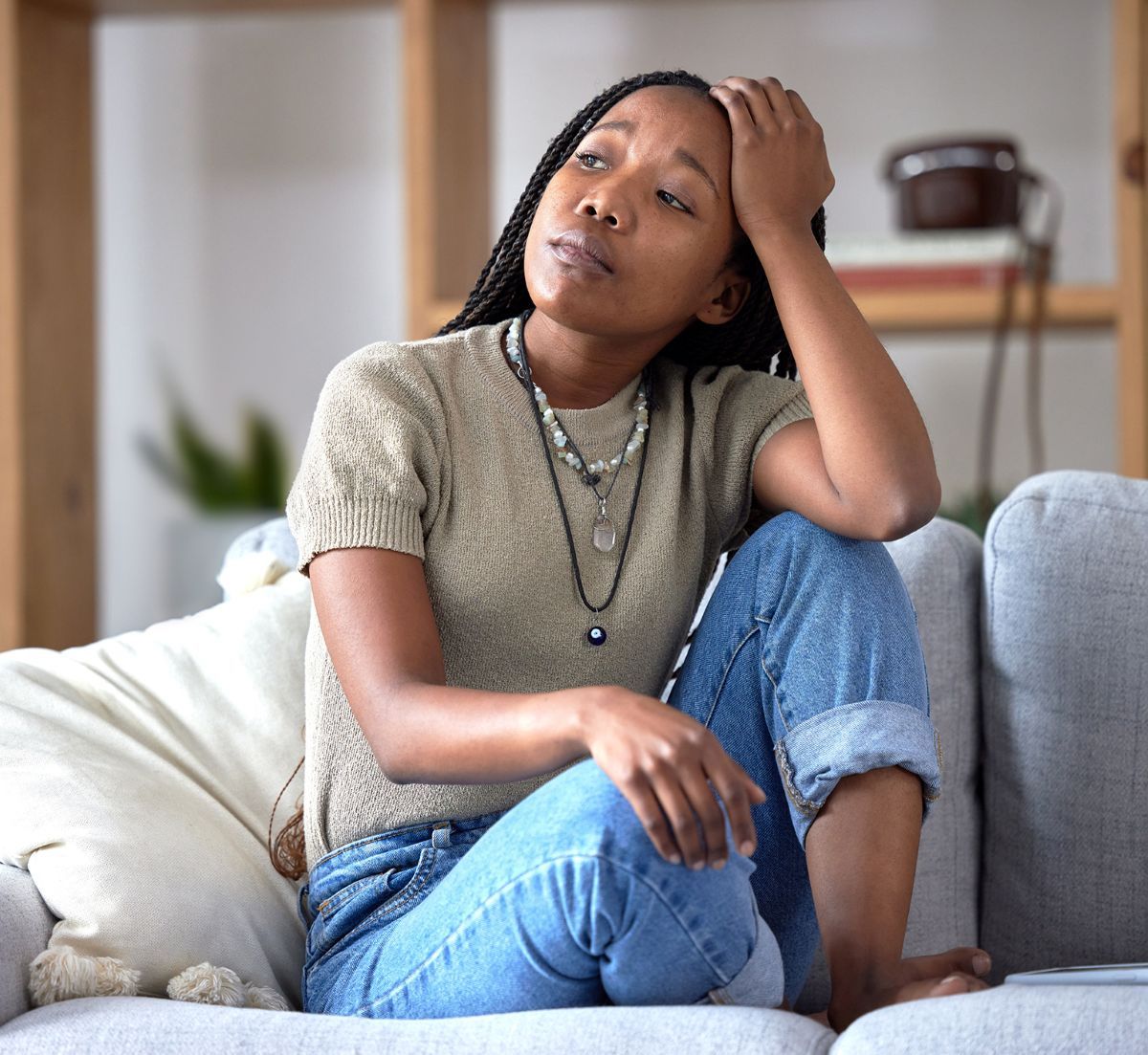November is National Diabetes Awareness Month and the American Academy of Audiology is urging those with diabetes to get their hearing checked annually. According to the Centers for Disease Control, blood sugar levels that are too high or too low can damage hearing over time. Hearing loss is twice as common in people that have diabetes than it is in those who don’t have it.
Managing blood sugar is critical to help protect hearing. High blood sugar levels can damage nerves and small blood vessels in the inner ear. Low blood sugar can damage the ways that nerve signals travel from the inner ear to the brain. Both of these can lead to hearing loss.
According to the CDC, 37.3 million people have diabetes—about one in every 10 with more than 8.5 million people undiagnosed. Ninety-six million people are considered prediabetic with 26.4 million of those over 65 years of age.
The American Academy of Audiology recommends that those with diabetes get their hearing checked annually by an audiologist. Because hearing loss is typically gradual, many don’t realize the extent of their loss until they’ve been seen by an audiologist.
Hearing is one of the most important aspects of our health – it connects us to people, keeps us vital in the workplace and as we age, and when left untreated is associated with other health issues.
Signs of hearing loss may include:
- Hearing ringing, buzzing, or hissing noises one or more days after exposure to loud noise.
- Muffled hearing after the fireworks.
- Having to turn up the volume of the television, radio, or stereo and having other family members complain that the volume is too loud.
- Difficulty understanding people speaking to you and asking people to repeat themselves.
- Difficulty with phone conversations and understanding the other person.
- Inability to hear the doorbell, crickets, the dog barking, and other household sounds.
- People telling you that you speak too loudly.
- Difficulty understanding speech in background noise.
People with diabetes should be especially vigilant about protecting their hearing. You can’t reverse hearing loss, but you can protect your hearing.
Tips to protect hearing include:
- Having hearing checked every year by an audiologist.
- Keep blood sugar levels as close to target numbers as possible.
- Exercise caution when taking certain medications and ask your prescribing physician if there are alternate medications to those that may damage hearing.
- Wear hearing protection when around loud noises.
# # #
The American Academy of Audiology is the world’s largest professional organization of, by and for audiologists. Representing the interests of audiologists and future audiologists nationwide, the Academy is dedicated to providing quality hearing care services through professional development, education, research, and increased public awareness of hearing and balance disorders. For more information, visit www.audiology.org.
Obesity & Overweight Problem in South Carolina (1=Fattest; 25=Avg.):
- 20th – % of Overweight Adults
- 14th – % of Obese Adults
- 23rd – % of Overweight Children
- 9th – % of Obese Children
- 19th – % of Physically Inactive Adults
- 17th – % of Adults with High Cholesterol
- 22nd – % of Adults Eating Less than 1 Serving of Fruits/Vegetables per Day
- 7th – % of Adults with Type 2 Diabetes
- 10th – % of Adults with Hypertension
Source: https://wallethub.com/edu/fattest-states/16585
Excerpted from an article in The Hearing Journal, Oct. 2022:
“If Monica F. Wiser, MA, CCC-A, Licensed Audiologist ruled the world, she would mandate that all in her profession walk a mile in her shoes and experience what it is actually like to be hearing impaired.” Her Audiology Practice is in Beaufort, SC.
“At the age of 7, Wiser failed a portion of a standardized test that was administered verbally but still did well on the written portion.”
Monica relates she was diagnosed with hearing loss. They tested the rest of the family and discovered that two of her older siblings also had a sensorineural hearing loss. “Our losses progressed to severe levels by high school.”
Read the full article about Monica’s diagnosis, her personal and professional progress at https://journals.lww.com/thehearingjournal/fulltext/2022/10000/helping_students_with_hearing_loss_reach_their.1.aspx
Monica F. Wiser, MA, CCC-A Licensed Audiologist
Beaufort Audiology & Hearing Care
38 Professional Village Cir, Beaufort, SC 29907










